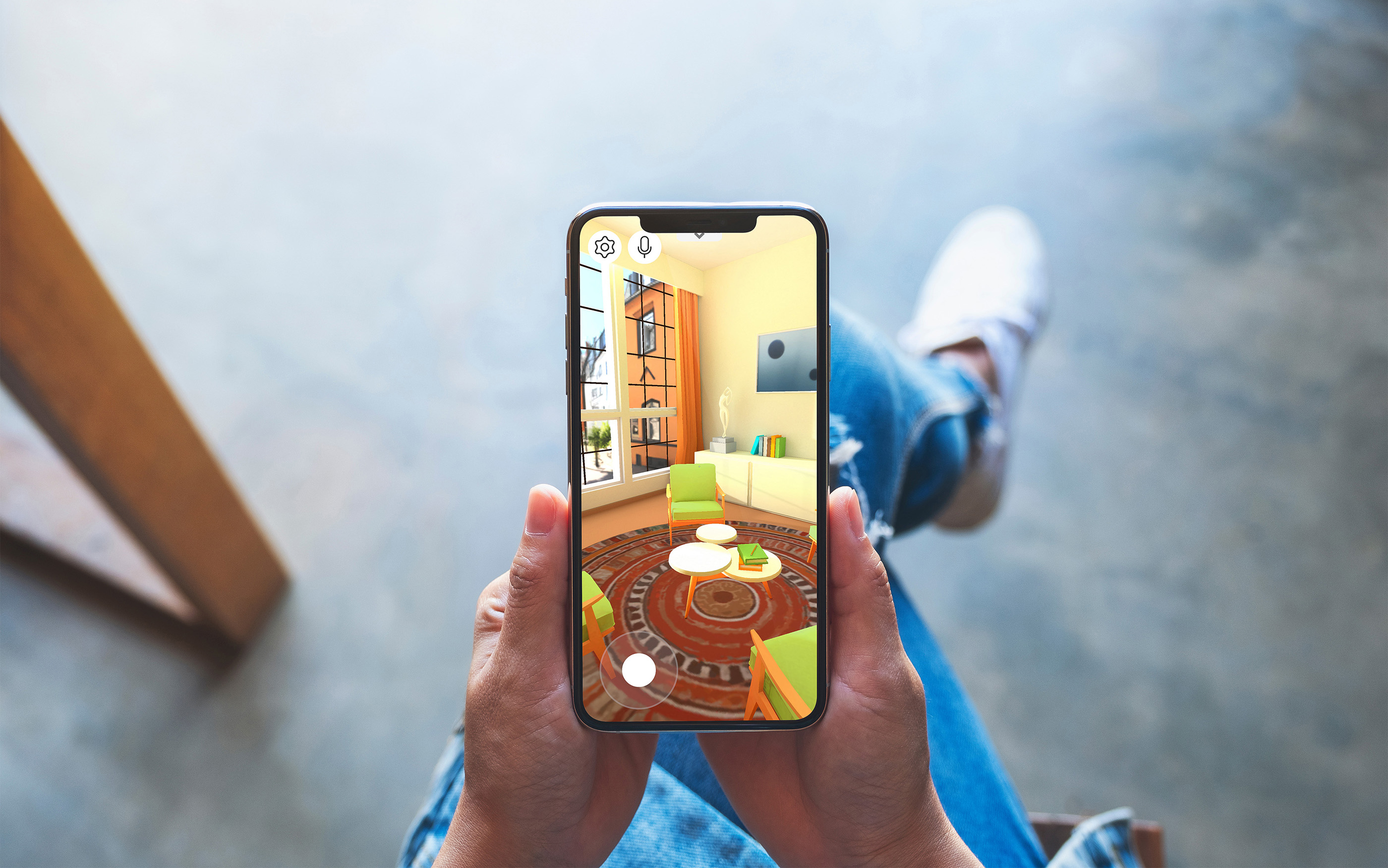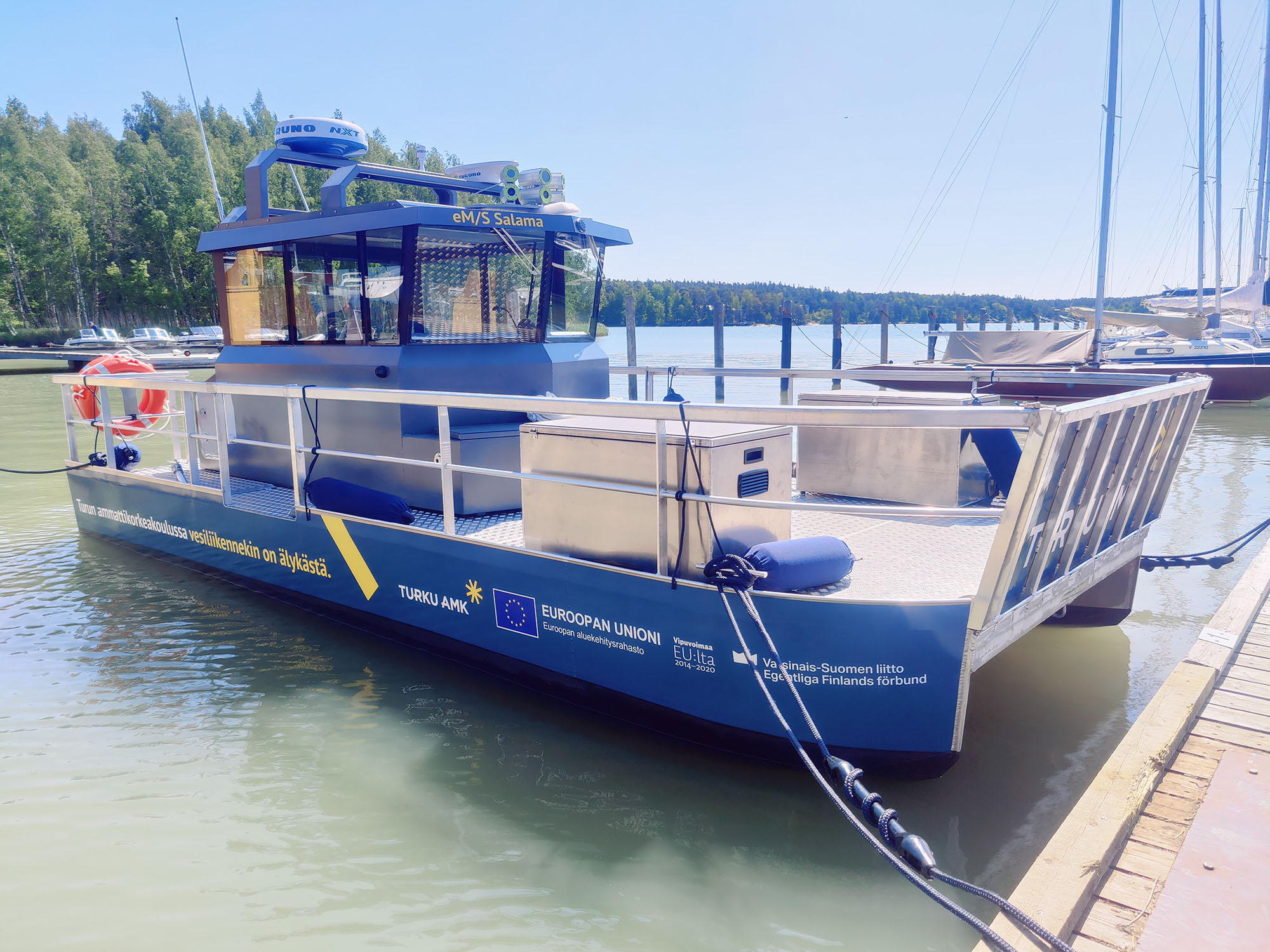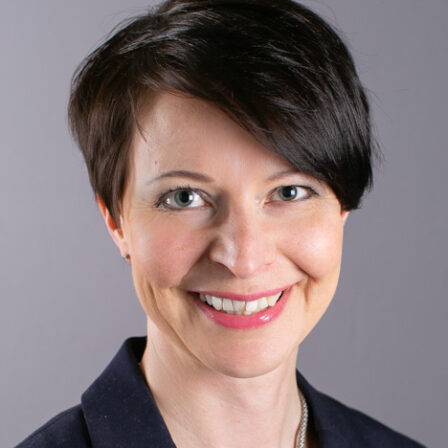The joint project has created Finland’s first test platform for synthetic health data, which enables the use of real data in the early stages of research without any privacy risks. The platform, developed in collaboration with health actors in the region, will help to combine data sources and develop new health concepts.

Published:
Edited:
Product development in the health sector needs high-quality data. Artificially generated data are suitable for limited uses, while the use of real health data is highly regulated.
The Synthetic Health Data Testbed is a new kind of service that makes health data available to users without compromising data protection and security requirements. It enables the use of real health data for research and development.
– Synthetic health data is based on real patient data, but only in a statistical sense. It does not contain identifiable characteristics of individuals. However, the advantage of synthesising data from a fully fictional dataset is precisely this, i.e. the attempt to preserve the statistical characteristics of the original data. The test service we have developed is intended for the early stages of health R&D, when research teams and companies can test different ideas and prototypes, says Arho Virkki, analytics manager at the Southwest Finland Wellbeing Region.
Synthetic health data is a partial solution to the limitations of secondary use of health data. While real health data can be used for licensed research with limited restrictions, synthetic data can be used for research and development with fewer restrictions.
The reason for this lies in the nature of synthetic health data – it is not real and, if implemented correctly, it does not compromise patient privacy.
The test platform offers a range of tools for using synthetic data
The creation of synthetic health data is straightforward and has been done for a long time around the world. The real challenge is to protect the privacy of the original health data and to provide sufficient guarantees that the protection is adequate. High quality data requires specific privacy guarantees that it does not reveal anything about the original health data, which could be, for example, an individual’s laboratory results or an X-ray. In addition to guarantees of similarity and data protection, companies must also be able to access the synthesised data.
The SYNDATE test platform’s synthetic health data meets the requirements for adequate privacy protection and provides a range of tools for data use.
In addition to the synthetic health data, SYNDATE has developed a secure computing environment where the data generated can be easily accessed. The data is created in Varha’s Atolli service, where data can be stored and processed under the control of Findata.
The developed computing environment will include various tools for using synthetic data, and can import data from other sources, such as open data. This type of data aggregation has previously been virtually impossible due to the security and protection requirements specific to the health sector. By combining different data sources, it is possible to create entities that can be used to create entirely new product and service concepts.
– In this way, traditional thinking in the health sector can be developed using synthetic data without compromising individual patient data. When experiments can be conducted safely and responsibly with artificial data, new service concepts and technological solutions can be tested more freely than before,” says Matti Kaisti, Associate Professor of Health Technology at the University of Turku.
The test platform is the result of extensive cooperation
The development of the synthetic data and user environment is based on partnerships and genuine customer needs. The SYNDATE project is coordinated by the University of Turku and implemented by Turku University of Applied Sciences, the Southwest Finland Welfare Region and Business Turku.
Turku University of Applied Sciences has been involved in the SYNDATE project in synthesising medical imaging data, setting up a synthesis platform and providing the service to companies and other operators in the region. Synthesising imaging data is important for developing tools such as artificial intelligence to analyse images and diagnose diseases detected by imaging. A synthesis test platform was set up in Varha’s secure computing environment and a dedicated contact channel was created on the Health Campus Turku website to promote its services.
During the development work, discussions have been held with companies developing health data products, as well as with researchers and public authorities outside the project. In addition, regional and national public authorities and companies involved in the regulation and use of health data are represented through the steering group work.
In addition to the technical characteristics of the operating environment, the partners have been able to influence the choice of the datasets synthesised in the first phase.
The service concept is offered as part of the Terveyskampus Turku TERTTU service.
Target companies and academic actors can submit a service request for their own synthetic data project through the TERTTU service provided by the Turku Health Campus.
Patient data can be made available for synthesis either through a data licence for one welfare area, a data request approved by Findata or by bringing in your own data.
The Synthetic Health Data Testbed (SYNDATE) project is co-funded by the European Union. The project is funded by the Regional Council of Southwest Finland under the European Regional Development Fund (ERDF) programme Renewable and Competent Finland 2021-2027. The Uusimaa Regional Council is the supervising authority for the funding.
Get to know our research
Read next
-
Press Release

New app brings integration services directly to your mobile phone
Turku University of Applied Sciences has developed a mobile app that helps immigrants find information on, for example, housing, studies, benefits or early childhood education. The app, which…
-
Press Release

Joint research infrastructure funding for Turku higher education institutions from the Research Council of Finland
The NEMESIS research infrastructure collects data related to the state of the environment and maritime safety in the archipelago. NEMESIS, a collaboration between three universities, enables long-term monitoring…
-
Press Release

New research group brings reliable and human-centric AI solutions to businesses
The Cognitive Technologies Research Group at Turku University of Applied Sciences builds intelligent decision-making systems and combines disparate data sources into a functional whole. At best, technology development…

